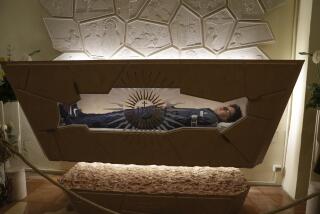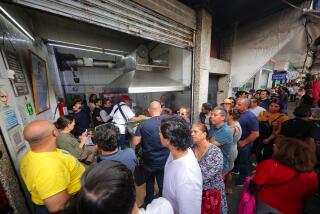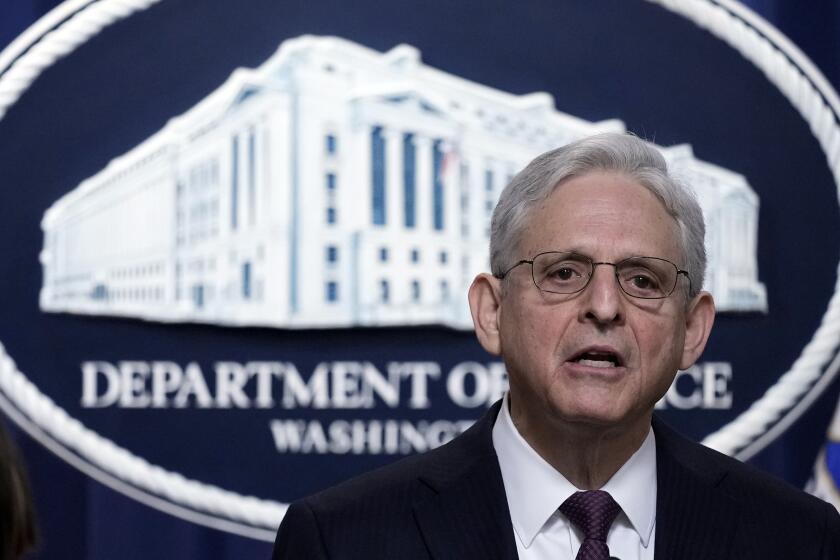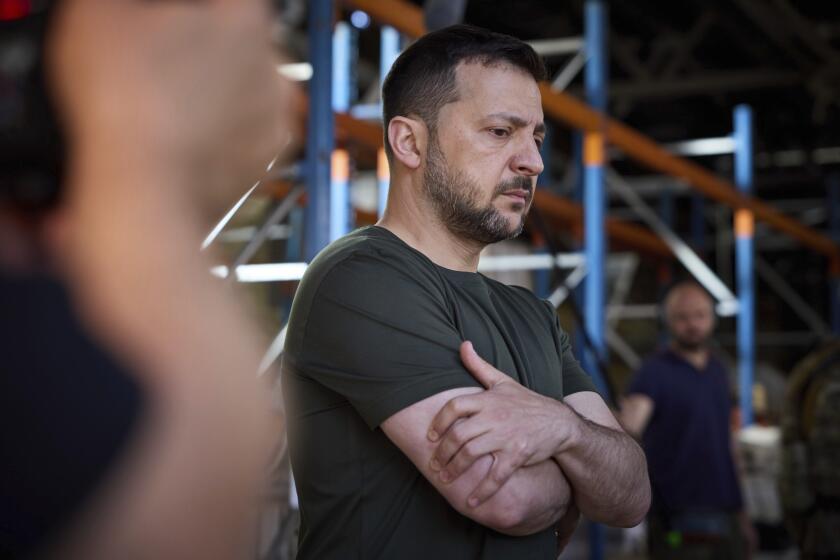Understanding the Riots Part 4 : Seeing Ourselves : TOKYO : Sympathy tinged with contempt.
Before Rodney G. King, there was the Magic Kingdom, and the Japanese were in love with Los Angeles. To an older generation, the desert sprawl symbolized the unruly freedom of America; to young Japanese, hey, L.A. was just cool.
But last week, Japan watched a good friend turn on itself in a murderous racial rage.
The sight saddened and terrified people here, reinforcing an ambivalence that many feel toward a wounded America. There was affection mixed with pity; sympathy tinged with contempt.
“Now we realize that America’s social problems are even more serious than its economic problems,” said media critic Hitoshi Suzuki.
“America has AIDS, drugs, poverty, racism . . . “ he said, adding that America should tend to its domestic troubles before pointing fingers at the world.
Tokyo agreed that the beating of King was racist. But the violence that followed was unthinkable in a land where only cops and yakuza (gangsters) pack pistols.
The carnage was more shocking because it happened in Los Angeles, the destination of choice for generations of Japanese students and tourists, bon vivants, businessmen and real estate tycoons. Everybody with two yen to rub together can recite the names: Hollywood Boulevard, UCLA, Santa Monica. Even the late Emperor Hirohito once made a pilgrimage to Disneyland, where he bought a Mickey Mouse watch.
“It’s sunny, the place where they filmed ‘Pretty Woman,’ ” said Fumihiko Moriya, 28, who visited Los Angeles on a short vacation from Toshiba Corp.
Rie Kuida, an 18-year-old college freshman, observed of Los Angeles and America: “It was so much bigger, more open than Japan. It is such a broad-minded place--and cheerful. I loved it. I thought, wow, what a free country.”
But her friend said Los Angeles has always had a scary side. “We already knew it was dangerous,” said Mirei Takai, 18. “America is a place where a woman can’t walk alone at night. . . . In Japan, you can walk at night without being followed or hassled.”
The image of America as a dangerous, crime-ridden place is hardly new to Japan. A stylized violence has been beamed into their placid homes for decades, in cop-and-killer television dramas and in what some complain is a one-sided dirge of news reports predicting the imminent collapse of America.
Still, the Japanese media--gun-shy after the publicity given to Japanese leaders who have made remarks seen as racist in the West--were careful this time.
“They didn’t say ‘black riot,’ but just ‘race riot’ or ‘Los Angeles riot,’ which I think is progress,” said Takeshi Yabe, who is writing a book on multiculturalism.
Many Japanese did not know until the riots began that Los Angeles had a large Korean population. “The Koreans have done so well in America that they have their own town!” Suzuki said. “We didn’t know this.”
But in a nation renowned for self-absorption, the talk of the town in Tokyo was that Little Tokyo had been spared. “If Japantown had been attacked, it would have been seen as an outburst of Japan-bashing,” said author Yoshimi Ishikawa, who lived in Los Angeles during the Watts riots and later wrote a best seller, “Strawberry Road,” about his travels in America.
By the end of last week, some tourists were already slouching back toward Sunset Boulevard. The Japan Travel Bureau, which had canceled its tours, sent its first batch of visitors off a week ago.
More to Read
Start your day right
Sign up for Essential California for news, features and recommendations from the L.A. Times and beyond in your inbox six days a week.
You may occasionally receive promotional content from the Los Angeles Times.






